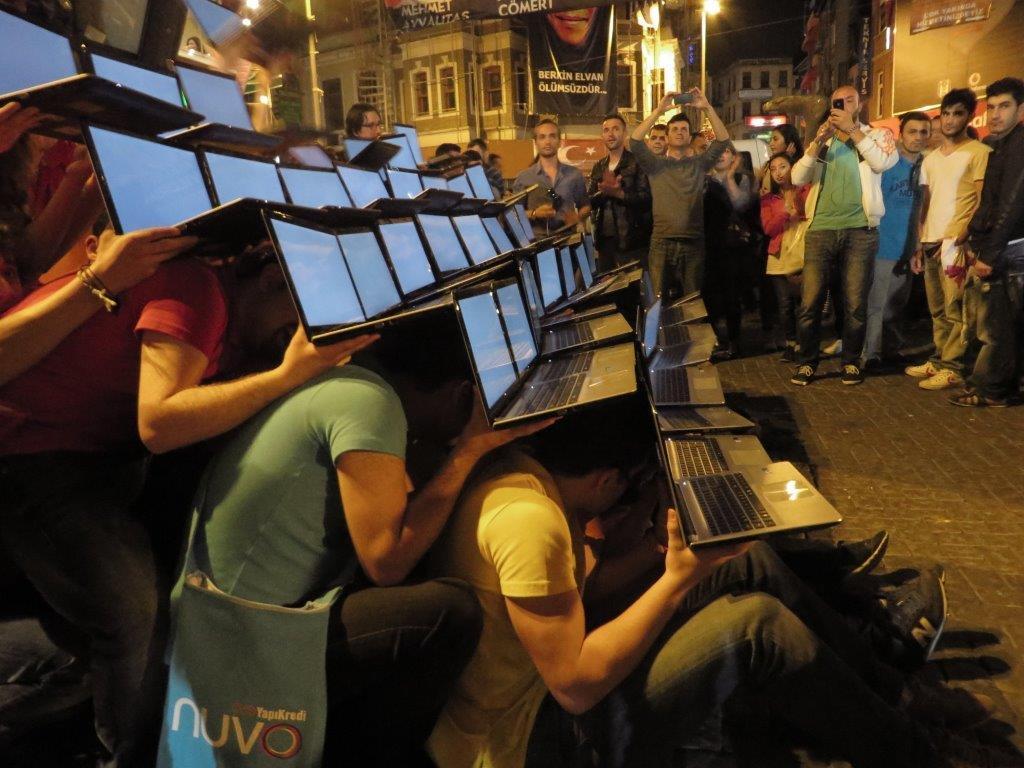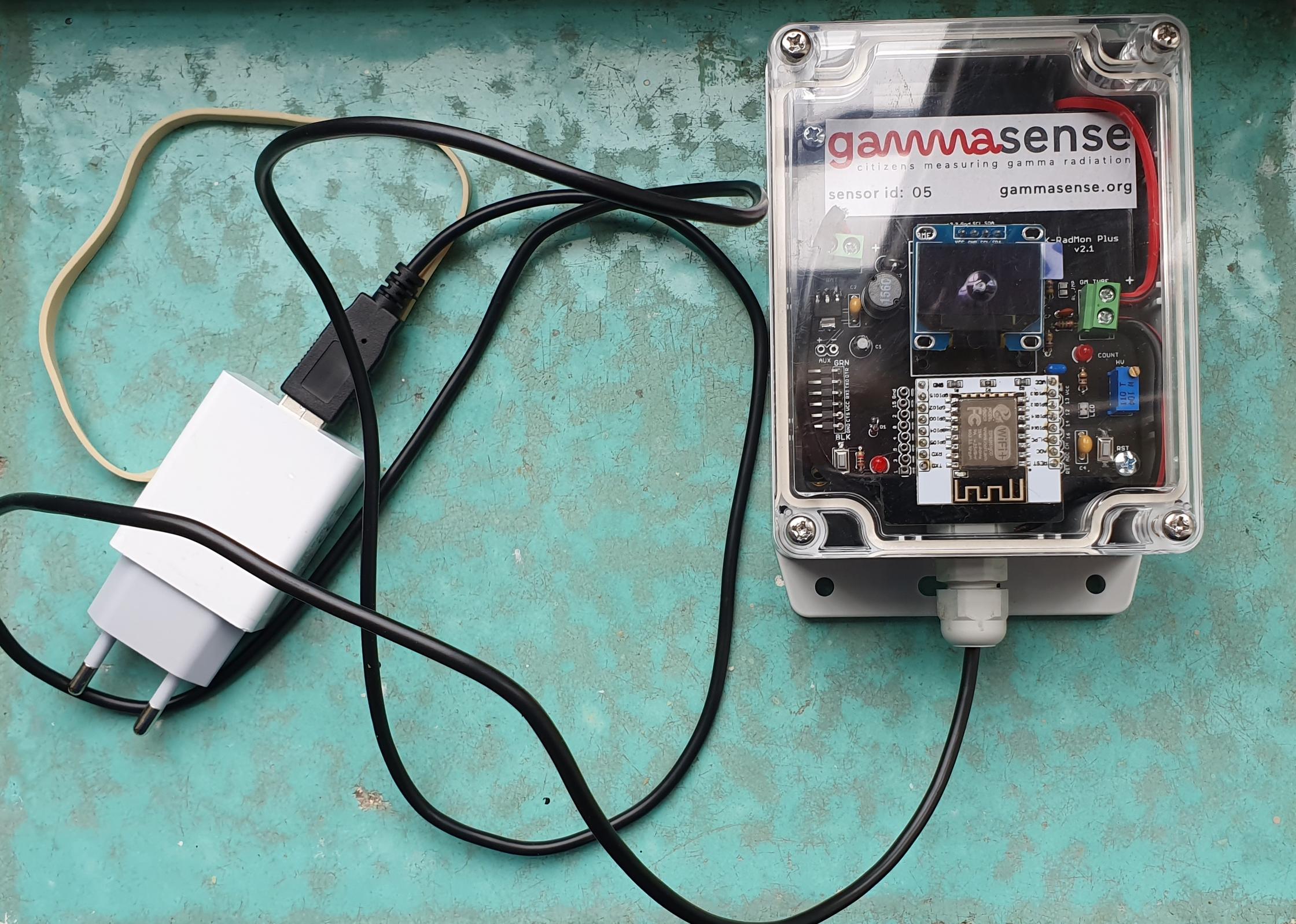By taking away initiative, enforcing top-down control, and focusing on maximizing efficiency instead of possibility, the smart city is a disaster waiting to happen. Our hope lies in its constituents: the citizens.
Citizens can become smart, engaged, and illuminated through mastering the technologies that help them express themselves, connect to others, share their resources and thoughts, and that help them to reflect so they can decide the best course of action.
Smart Citizens Labs
These days, we see great initiatives that make citizens smarter everywhere: from Fablabs and Maker Spaces where physical things are made; to Code Clubs and Fabschools where adults and children learn to programme; to sharing platforms like Peerby that allow citizens to live better lives with less; to Repair Cafés and urban farming that make cities more resilient.
Serious problems require serious solutions, and such solutions don’t happen overnight. What's needed is a city built around labs where problems can be solved as they are researched, designed, and tested. Mediators—like Forum Virium in Helskini, FutureEverything in Manchester, FING in Paris, Citilab in Barcelona and Waag in Amsterdam — are helpful, as a kind of middle ground where the powers that be and the new kids on the block can meet and build on each other. An example of this merging of new and old is the Amsterdam Smart Citizens Lab, a public lab that will help citizens to build sensor networks to research their environment, and which will allow them to take appropriate action after studying the problems.
We also need open infrastructures for the new Internet of Everything to work well. Big business is typically in for big profits, and needs to be handcuffed to work in the public interest. Forcing them to use open standards, open software, and peer 2 peer networking will do the trick in part. Yet, it would be better still to use smaller, local companies that will do the job better and faster.
Technology cannot solve political problems
Why is all this so important? Because while technology can be a boon to citizens, it is also the best means of controlling them, and reinforcing the status quo, that mankind has ever invented. It is rapidly centralising profits as it disrupts existing ecosystems (e.g. Uber, Amazon & AirBNB) without a thorough moral rethinking of what it means to live in a democratic society.
Contrary to what some want to make us believe, technology cannot solve political problems. Privacy, agency, inequality, sustainability, and democracy need to be guarded and upheld by politicians—not by companies and entrepreneurs alone. Without checks and balances, these so-called “smart” technologies will lead us to places that we never imagined could exist—and it will be for the worse.
Make the change
This is where we as citizens, researchers, parents, children, and social beings must step in and intervene. As stewards shaping the world of the future through our actions (actions that are so often based on ignorance), we must dig into, and understand the rules that govern our society, intervene when principles of openness and transparency are violated, and demand that those who govern us have more than enough understanding of a technology before they sign contracts that only serve private interests.
In doing so, we will become the smart, engaged, and illuminated citizens that we are meant to be. And, we will get the cities we deserve.


